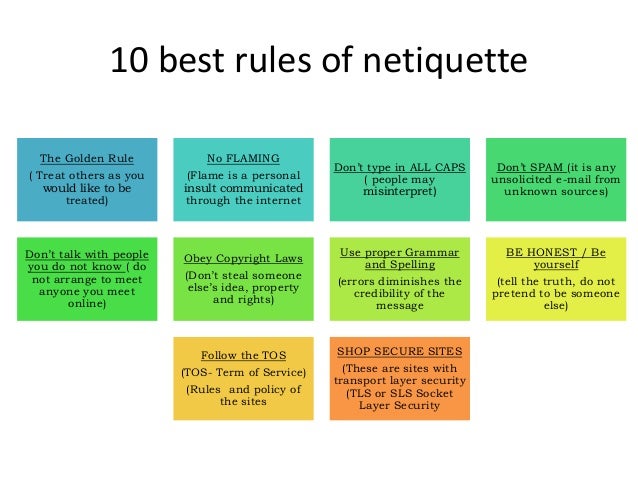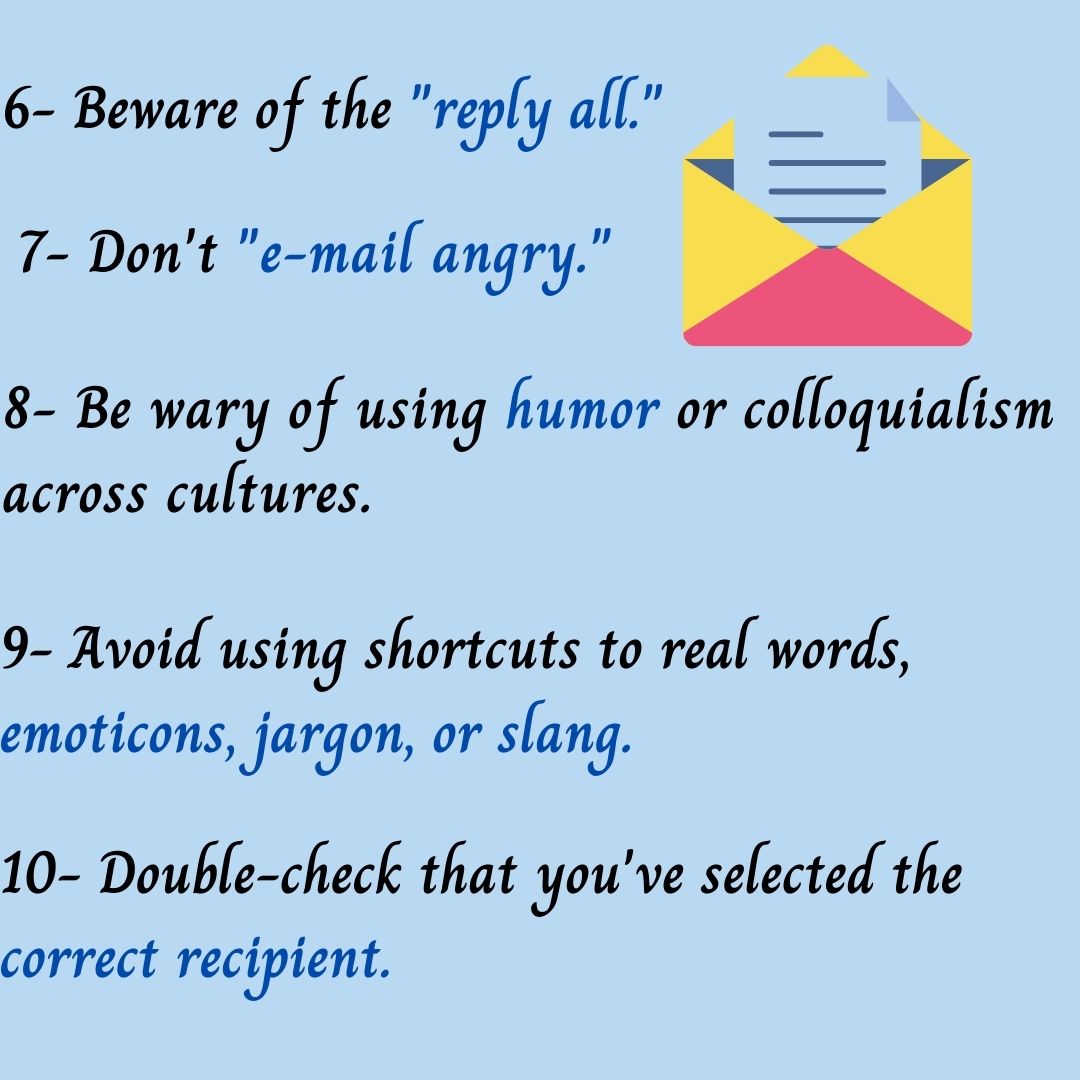10 rules of online etiquette
Avoid using personal emails for business communication, especially when sharing sensitive or confidential information Protecting sensitive information is not just about avoiding common mistakes—it’s about maintaining trust and ensuring your professional communication meets the highest standards rich palms ndb.
Typos can make your email seem rushed or unprofessional. Always check grammar, spelling, and your recipient’s name before you click “Send.” Also, double-check the email addresses to ensure you’re sending it to the right person, and use “Reply All” only when it’s truly necessary.
If an issue hasn’t been resolved after three back-and-forth emails, it’s time to switch gears. You can use email management tools like Clean Email to keep your inbox organized, so you always know how many emails you’ve sent. Instead of continuing a long email thread that wastes time and causes confusion, pick up the phone or schedule a meeting.
By automating data enrichment and offering tools for hyper-personalized messaging, GoCustomer helps you craft emails that feel thoughtful and relevant—even when you’re managing outreach on a large scale.
Email etiquette is a prescribed code of behavior one should follow while communicating through email . Once, considered as a casual way of communication, is now a most preferred way of corporate communication as it can an be used as a proof and keep the person accountable . All professional email communication need to make an impression about the person who is communicating is a credible professional. It can be one of the first contact point for someone or deal maker or breaker and for others, therefore it becomes even more important to create good first impression by following proper email etiquette. Following these tips you can make effective communication and create impact which you aim for.
What are three basic rules of online etiquette (netiquette)
“The internet is a vast and interconnected space, and your online activities contribute to forming your digital identity and reputation. What you share online can have long-lasting effects on how others perceive you,” Lev explains.
Grammar, spelling and punctuation become especially important when composing emails or other correspondence that you submit to colleagues or superiors. If you have a weakness in grammar and spelling, don’t be discouraged. Use spelling aids before you send messages.

“The internet is a vast and interconnected space, and your online activities contribute to forming your digital identity and reputation. What you share online can have long-lasting effects on how others perceive you,” Lev explains.
Grammar, spelling and punctuation become especially important when composing emails or other correspondence that you submit to colleagues or superiors. If you have a weakness in grammar and spelling, don’t be discouraged. Use spelling aids before you send messages.
This netiquette rule can protect your privacy and professional image. Be careful about who you connect with, both experts say. Zhu Scott says she has learned how to say no: She’s constantly turning down friend requests with a polite message explaining why.
Cumbersome language and repetitions only clog up chats and forums; in addition, spelling mistakes can make it more difficult to read and understand what is being said. Forwarding chain letters also has no place in respectful online communication.
Rules of email etiquette
Maybe your finger slips when the body of your email is only half-finished, or you hadn’t yet added the attachment you’d been planning to add. Either way, the result is probably going to be embarrassing.
If you’re sending a professional email, make sure to use your business email account and a professional tone. Most companies will assign you an email address with their name on it, but if they don’t, you can always create a separate email address strictly for business. This makes you look legitimate and professional and reduces the likelihood of embarrassing email mistakes. If you want to stick to one email account, at least sort work emails into a separate folder. While we’re on the topic, here’s how the most productive people manage their emails.
“Your emails are often the best—and sometimes only—demonstration of the quality of your communication skills,” says technology etiquette expert Michele L. Olivier, CEO of O&H Consulting. “Good email etiquette makes a good impression on others, is an important job skill and reduces inbox anxiety for the sender and the receiver.”

Maybe your finger slips when the body of your email is only half-finished, or you hadn’t yet added the attachment you’d been planning to add. Either way, the result is probably going to be embarrassing.
If you’re sending a professional email, make sure to use your business email account and a professional tone. Most companies will assign you an email address with their name on it, but if they don’t, you can always create a separate email address strictly for business. This makes you look legitimate and professional and reduces the likelihood of embarrassing email mistakes. If you want to stick to one email account, at least sort work emails into a separate folder. While we’re on the topic, here’s how the most productive people manage their emails.
“Your emails are often the best—and sometimes only—demonstration of the quality of your communication skills,” says technology etiquette expert Michele L. Olivier, CEO of O&H Consulting. “Good email etiquette makes a good impression on others, is an important job skill and reduces inbox anxiety for the sender and the receiver.”
